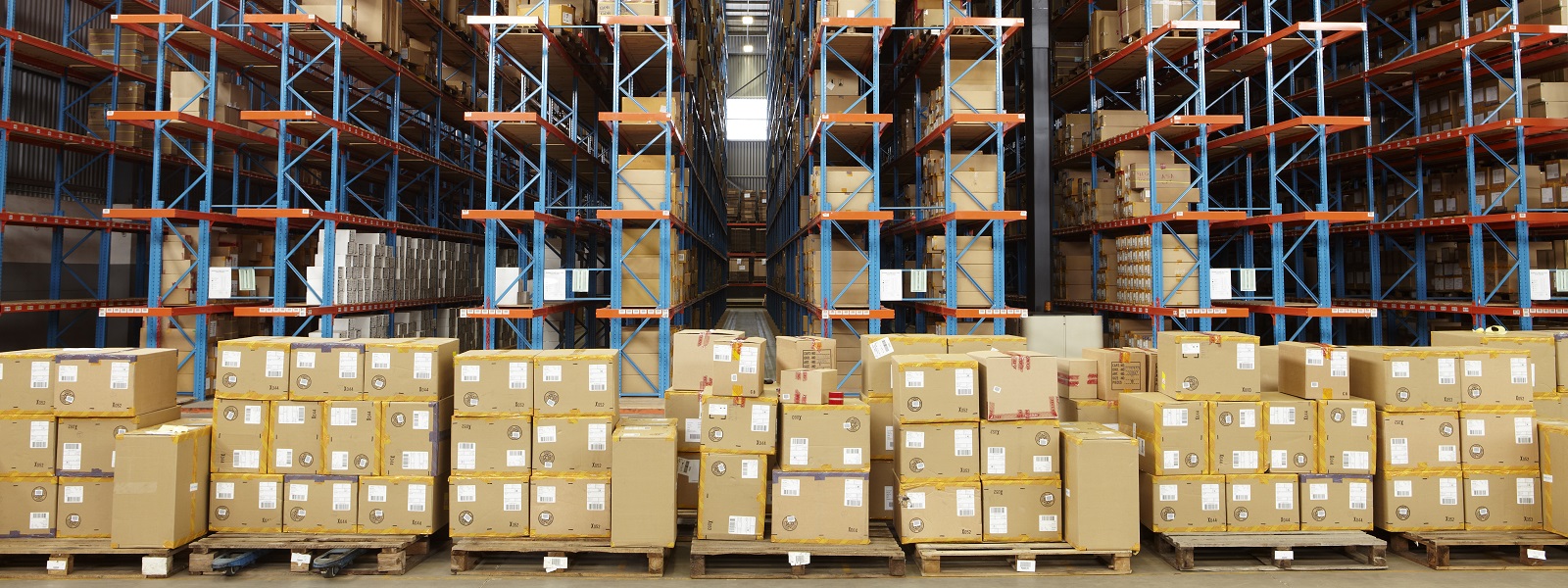Robust supply chains are vital to our closely connected global economy. Yet escalating geopolitical tensions, persistent inflation and a fragile macroeconomic outlook are presenting businesses with a fresh wave of supply chain challenges.
The ongoing conflicts in Ukraine and in Gaza, as well as the recent crisis in the Red Sea, have greatly disrupted global trade routes, resulting in higher shipping costs, rising prices for goods and supply bottlenecks.
M&A has become a solution for businesses and investors looking to build supply chain resilience while safeguarding long-term business growth. During the pandemic, average spending on M&A transactions in the logistics and warehousing sector—comprising deals in the logistics solutions as well as the logistics real estate spaces—rose markedly, from US$15.2 billion in 2020 to US$23.6 billion in 2021, according to Mergermarket.
A total of US$21.4 billion of deals were recorded in 2023—up 12 percent from 2022’s US$19.1 billion—defying the downturn in aggregate value seen in other sectors and maintaining the high levels of spending witnessed in the pandemic’s immediate aftermath.
While 2023 only saw 100 logistics and warehousing deals, compared to 235 in 2020 and 215 in 2021, M&A activity in the sector is set to accelerate over the coming year as businesses look to ease disruption and realign supply chains.
Self-storage M&A ramps up
Demand for self-storage real estate investment trusts (REITs) grew considerably during the pandemic. In the face of persistent disruption, these mini-warehouse facilities became a lifeline for private businesses looking to store surplus stock and inventory, spurring on M&A in logistics real estate.
A wave of consolidation is sweeping the industry, resulting in some significant deals being announced in 2023. Notably, the top two warehouse and logistics deals of the year were agreed between US-based self-storage firms.
The largest of these was the US$12 billion tie-up between industry leaders Life Storage and Extra Space Storage. Now with more than 3,500 locations, the combined company will become the largest self-storage owner and operator in the US.
Another significant transaction was Public Storage’s US$2.2 billion acquisition of domestic rival Simply Storage from Blackstone Real Estate Income Trust. The deal, which follows a period of sustained growth for Public Storage, will see the California-headquartered self-storage firm add nine million rentable square feet to its portfolio, located across 18 states.
Logistics and transport assets attract PE attention
By ensuring the smooth flow of goods in an unpredictable trading environment, logistics firms are a crucial component in the effective management of global supply chains. For this reason, logistics assets are increasingly targeted by investors seeking to improve their competitiveness and to lower transport costs within the industry.
One example is the December 2023 deal struck by Emergent Cold Latin America for US$500 million in equity commitments from new and existing investors, including New York-headquartered Stonepeak Partners. Emergent Cold, the largest provider of refrigerated storage and logistics solutions in Central and South America, followed up that deal with the acquisition in late January 2024 of a 45,000 square meter facility in Rio de Janeiro, a major hub in Brazil’s food supply chain. Less than a week later, Emergent Cold announced it was acquiring Red Polar, a Colombian cold storage business, further strengthening the company’s regional network.
Automation drives dealmaking
Dealmakers are pursuing M&A in the warehouse and logistics sector as a means to expand into new markets and acquire technological capabilities. This was the motivation behind Hamburg-headquartered Jungheinrich’s acquisition of US warehouse automation firm Storage Solutions.
The deal, valued around US$375 million, will see the German logistics business gain a foothold in the fast-growing US warehouse automation market. As well as providing Jungheinrich with access to key logistics hubs across the US, it will also provide a gateway into the neighboring Canadian and Mexican markets.
Post-pandemic labor shortages and increasing demand for goods are driving investment in warehouse automation, a crucial tool for mitigating bottlenecks in supply chains. By providing real-time data throughout the supply chain, businesses can optimize their supply, predict future demand trends, and more efficiently respond to supply shocks.
Brace for uncertainty
As geopolitical tensions escalate around the world, and with global economic recovery far from guaranteed, supply chain disruption shows no signs of abating in the near term. Turbulent conditions are impacting supply chains in multiple ways, including product shortages, rising transport costs, delays in ports and reduced freight availability.
Investment in the warehousing sector is once again on the rise as businesses and investors look to build flexibility and resilience into their supply chains. Pent-up consumer demand post-pandemic is putting businesses under increased pressure to ensure that supply is where it needs to be, when it needs to be.
Whether by expanding into new markets, acquiring new technologies or finding new solutions to store inventory, businesses and investors in the warehouse and logistics sector will increasingly look to M&A to build durable, agile supply chains that can withstand external threats, both known and unknown. In an increasingly complex and fragmented geopolitical and economic landscape, the need to find new solutions to boost supply chain efficiency will only become more urgent.





